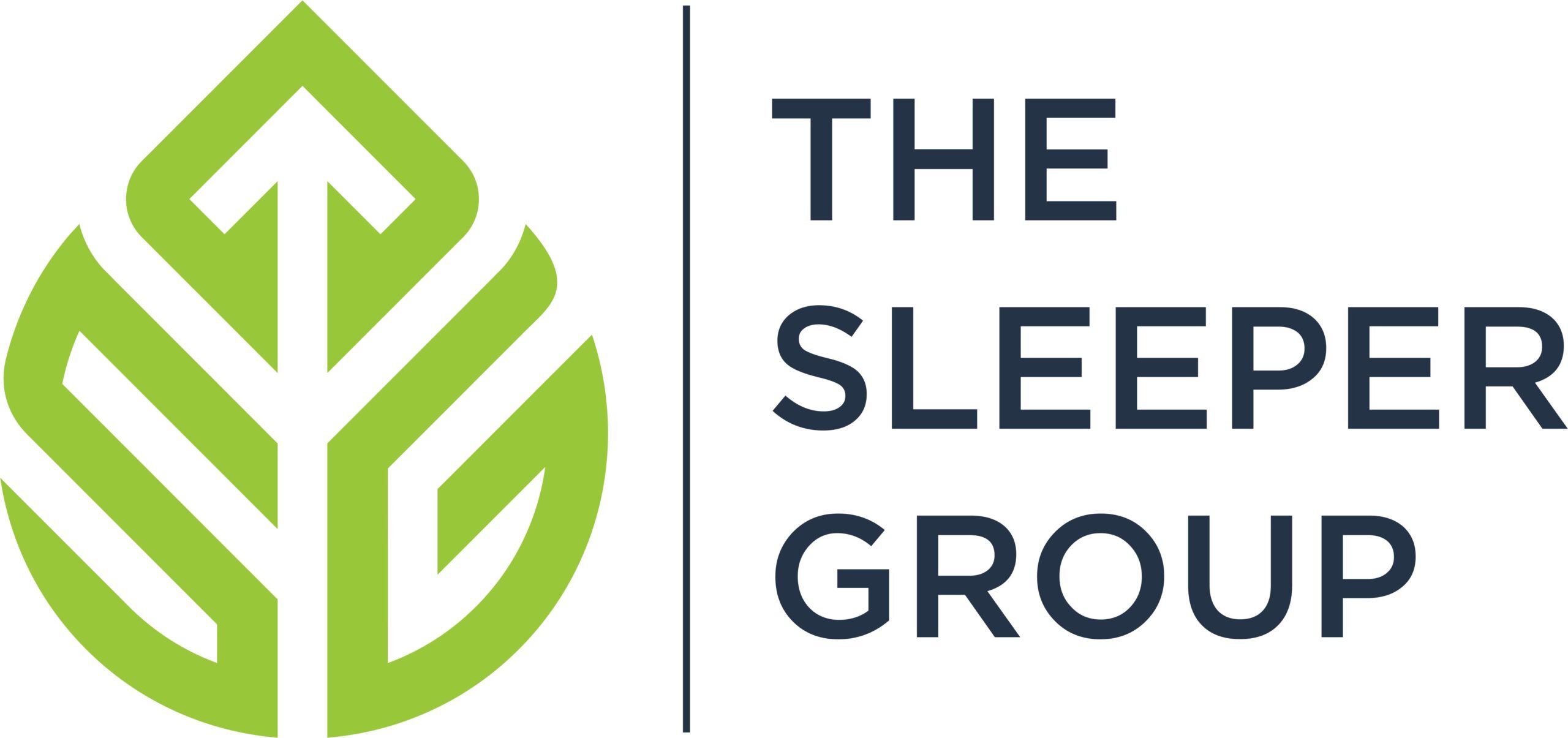As of July 16, 2022, The National Suicide Prevention Lifeline has been revamped and launched as the Suicide & Crisis Lifeline. The new 988 Suicide & Crisis Lifeline is designed to be easy to remember and provides trained mental health professionals to address not only thoughts of suicide, but any other mental health crises as well.
The 988 hotline saw a 45% increase in calls nationwide as compared to the week before the launch. To support increased accessibility, the hotline is available by phone, text, or online chat. While the 988 short code is meant to replace the National Suicide Prevention Lifeline, the old number, 1-800-273-TALK will remain active indefinitely and connect callers with the 988 hotline.
“The primary goal of the new number is to make it easier for people to call for help. Lawmakers and mental health advocates also see this launch as an opportunity to transform the mental health care system and make care easily accessible everywhere in the United States. The Biden administration has invested more than $400 million in beefing up crisis centers and other mental health services to support the 988 system,” wrote Rhitu Chatterjee, Health Correspondent with NPR.
The dedicated funding is notable because the lack of funding was a major issue in the past. Callers would often receive automated messages or busy signals rather than accessing a live person when calling during crises. “They’ve been operating on shoestring for many, many years,” says John Draper, the executive director of the National Suicide Prevention Lifeline. The funding allows for the hiring of new staff, support for Spanish speakers, and additional capacity for backup centers. For example, Draper says, “right now we’re answering over 90% of our chats. And this time last year it was closer to 20 to 23%.”
988 was designed as an alternative to calling 911, which is the method of support that most people were utilizing when experiencing a mental health crisis.
“Unlike other medical emergencies, mental health crises overwhelmingly result in a law enforcement response,” says psychologist Benjamin Miller, president of Well Being Trust. “If you look at the data from the police, about 20% of their total staff time is spent responding and transporting individuals who are experiencing a mental health crisis. Just last year more than 2 million people with serious mental illness were booked in jail. And nearly a quarter of fatal shootings by the police in recent years have involved people with mental illness,” he adds.
Citizens are concerned about how the police will respond if called during a mental health crisis or other social issues such as homelessness or substance abuse. As a result, many cities across the country are establishing mobile crisis response units to decrease police involvement. These mobile units are often staffed with first responders who are not police, counselors and/or social workers.
“Polling shows that Democrats, independents, and Republicans alike support programs that replace police with trained experts in situations involving behavioral or mental health crises. But residents, community organizations, behavioral health professionals, and others need to be involved in the creation and implementation of any crisis response program. And stakeholders need to ensure that these programs don’t perpetuate inequities based on who they serve, which calls get diverted, and how first responders work to resolve a situation.”-Vera Institute of Justice
The new 988 hotline represents what many hope to be the first step in more federal and state support for mental health services. “The transition to 988 has come to represent a once-in-a-generation opportunity to revisit and reconceptualize how crisis services are resourced and delivered in communities across the country,” says Colleen Carr, director of the National Action Alliance for Suicide Prevention at Education Development Center.
